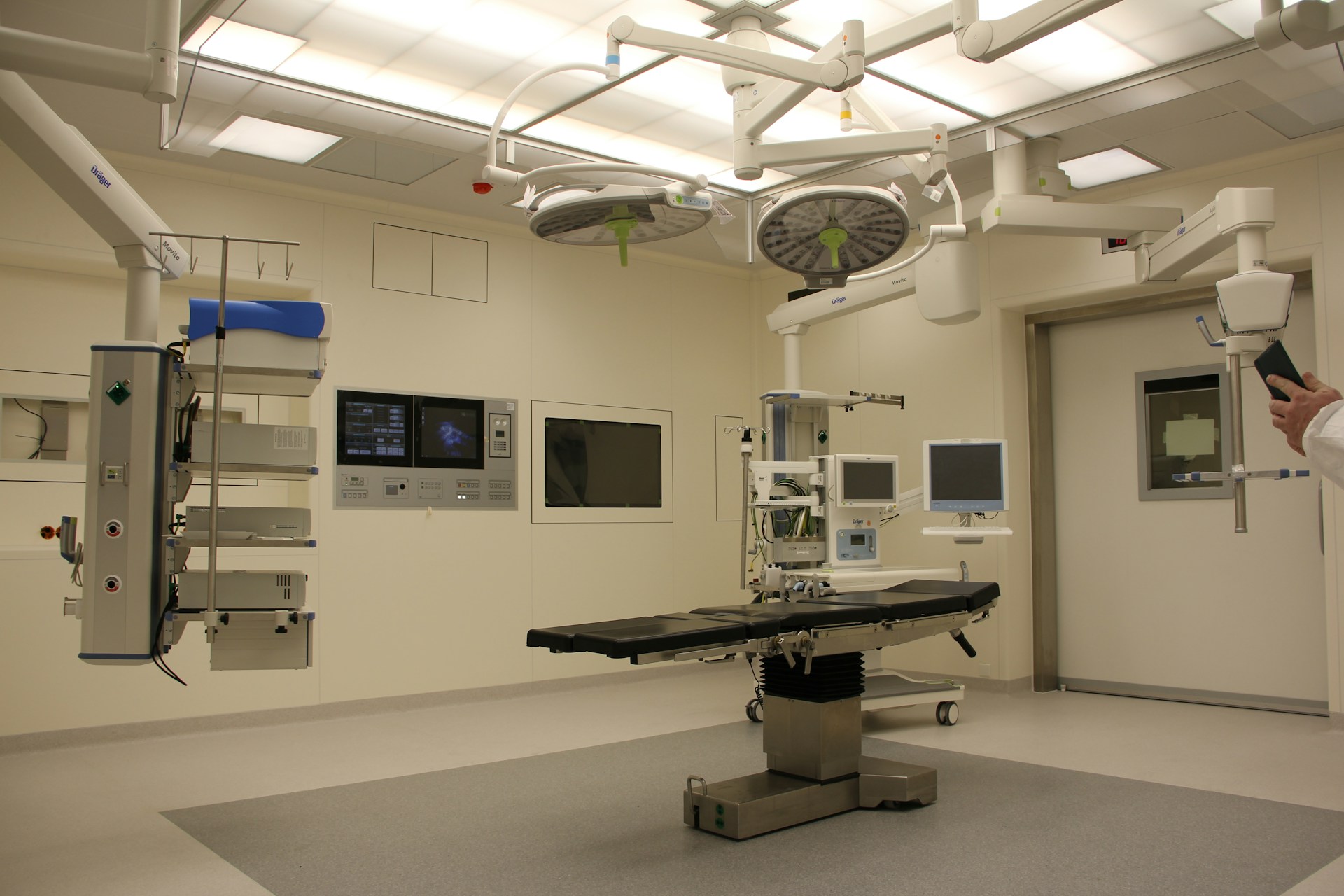The Lean Journey in Healthcare is the pursuit of operational excellence and superior patient care, healthcare organizations are increasingly embracing the principles of Lean management. Rooted in the philosophy of continuous improvement and waste elimination, Lean methodologies have proven invaluable in streamlining processes, reducing costs, and enhancing the overall quality of care. However, the successful implementation of “Lean” in healthcare requires a data-driven approach that provides total real-time visibility into workflows, resource utilization, and potential areas for optimization and improvement. This is where the integration of Real-Time Location Services (RTLS) becomes an indispensable asset.
The Lean Principles in Healthcare
The core tenets of Lean management are centered around maximizing value for the customer (in this case, patients) while minimizing waste. In a healthcare context, this translates to providing high-quality care efficiently, safely, and without unnecessary delays or redundancies to the patient and health system. The Lean principles emphasize:
- Identifying and eliminating non-value-added activities (waste)
- Continuous process improvement through staff engagement
- Optimizing patient flow and resource allocation
- Fostering a culture of respect, collaboration, and problem-solving
By aligning operations with these principles, healthcare organizations can achieve significant improvements in patient satisfaction, staff productivity, and overall operational performance.
Lean Management & RTLS
Effective Lean implementation relies heavily on data-driven insights to identify areas for improvement, measure progress, and drive sustained change. This is where RTLS technology becomes an invaluable asset. By providing real-time visibility into the location and movement of assets, staff, and patients, RTLS systems generate rich data streams that can fuel Lean initiatives in the following ways:
- Waste Identification: RTLS data can pinpoint bottlenecks, redundancies, and inefficiencies in workflows, enabling targeted waste elimination efforts.
- Flow Optimization: Real-time tracking of patient journeys and resource utilization empowers healthcare organizations to optimize patient flow and streamline processes.
- Asset Utilization: Precise asset location data facilitates efficient allocation and utilization of medical equipment, reducing waste and enhancing productivity.
- Continuous Monitoring: RTLS analytics enable continuous monitoring of Lean metrics, fostering a culture of continuous improvement and data-driven decision-making.
Unleashing the Synergy
It is crucial to integrate the location data with other hospital information systems, such as electronic health records (EHRs), enterprise resource planning (ERP) systems, and workflow management platforms. This integration creates a comprehensive data ecosystem that enables a holistic view of operations, facilitating informed decision-making and driving sustainable Lean transformations.
Furthermore, the application of advanced analytics and Artificial Intelligence (AI) to RTLS data can uncover hidden patterns, identify root causes of inefficiencies, and provide prescriptive recommendations for process improvements aligned with Lean principles.
By combining real-time location data with advanced analytics and AI capabilities, Intelligent Locations enables healthcare providers to identify and eliminate waste, optimize patient flow, and foster a culture of Lean thinking throughout their operations.
Conclusion
Embracing the Future of Lean Healthcare As the healthcare landscape continues to evolve, the integration of Lean methodologies and RTLS technology emerges as a powerful catalyst for operational excellence and superior patient care. By leveraging real-time location data and analytics, healthcare organizations can gain unprecedented visibility into their processes, enabling targeted waste elimination, optimized resource allocation, and continuous improvement.
The synergy between Lean principles and RTLS solutions represents a transformative opportunity for healthcare providers to achieve sustainable operational efficiencies, enhance patient experiences, and drive long-term success in an ever-changing and competitive healthcare environment.

